Trapped in a game of geostrategic chess, Jordan stands as a buffer in a region with little stability. Part 2 in a 3 part series. [Part 1]
One of my oldest and dearest friends “The Consultant” decided to surprise me in Amman. I had known him since 2003, rarely having seen him sober on more than a handful of occasions when he was not working …
July 2018, Amman, Jordan – A Den of Spies and Fajitas for Dinner
“Amman is the Beirut of our time. Before the Lebanese civil war of course. Or maybe it’s the Berlin of our time during the Cold War. A den of spies, agents, and interest groups. Just like Lebanon back in the late 60s, this place is coming undone. Destabilising elements are increasing. The strain on the government and the royals is immense. And the U.S. doesn’t understand just what’s going on here …”
The Consultant waxed poetically while repeating his favourite magic trick. Making the contents of a whiskey glass disappear.
“Why can’t I have sober friends?” I thought to myself as I poured myself another drink from the bottle.
The Consultant was visiting the Jordanian capital for business and had invited me for drinks at his hotel, the Amman InterContinental. One of the oldest 5-star hotels in the region, it’s located just off the second main circle, or roundabout on Jabal Amman. The courtyard is particularly popular with local businessmen who wish to seek inebriation – in style. As such, it came as no surprise that the evening would begin with bottle service at the courtyard.
Within an hour, other of his friends would join us. This included close confidants of one of the principle Jordanian Princes, and former advisers to the late King Hussein.
Of course, he was right. Amman does display many of the traits of pre-war Beirut. Jordan is often considered the forgotten middle child of the Middle East. This neglect is partly a disservice, and somewhat of a good thing. The country holds a pivotal role in regional politics, security strategies, and has long been America’s best Arabian ally in the war against extremist Islamism.
On the other hand, if Jordan held a higher profile, it would probably not be able to operate as a hub for intelligence and military operations, behind closed doors negotiations, or a vital hub for logistics to all conflicts of the region.
Based on the fact that The Consultant was often right (though usually in an obtuse fashion), and because he is one of my oldest friends (who at this moment insisted on covering the bar tab), I resisted the impulse to plummet him with a bar stool. As most of us know, the older we get, the harder it is to make new friends. At any rate, the man had come to embody a perfect example of what odd creatures Darwinian reality can create. Some creatures appear too bizarre to live, yet also bizarre enough to ever die. The Consultant was such a creature.
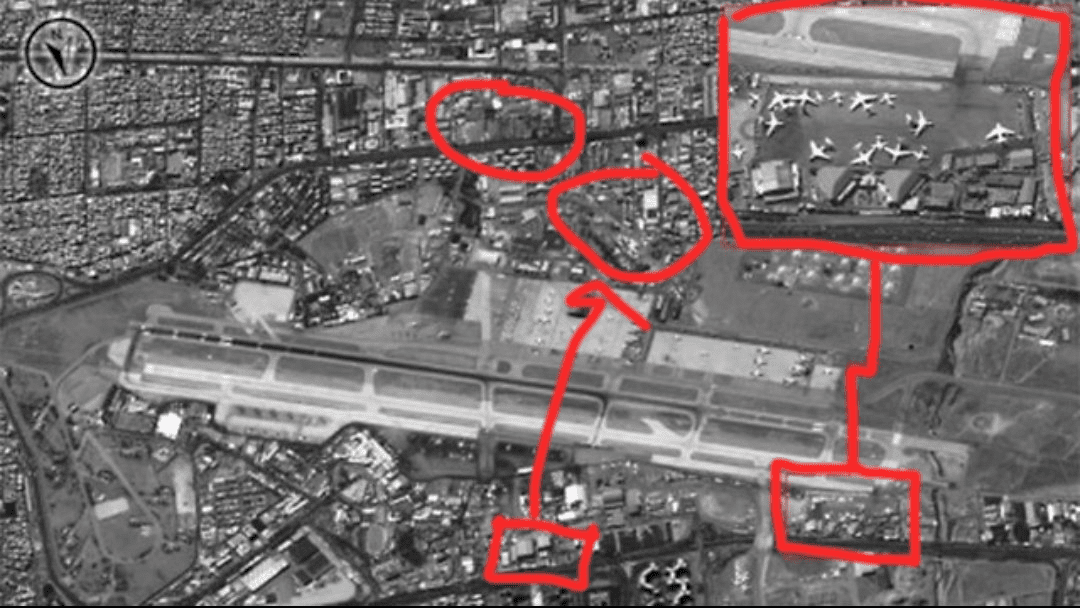
“I had dinner while I was in Beirut a few days ago with two interesting fellows. You should meet them next time you’re in Beirut or Minsk. Hussein al Ali, the Syrian gunrunner, and this Russian, Belarusian fellow, Alexander Sadovy. They were suggesting that they had access to Middle Eastern made RPG-32s,” said The Consultant, pausing to refill his glass.
The RPG-32 Barkas is a relatively modern and lightweight (under three kilograms when not loaded) hand-held anti-tank (AT) reusable grenade launcher designed by the Russian state-owned weapons manufacturer Bazalt. Multiple videos of it in battlefield use have surfaced. The most famous example being the 2016 video showing the al Qaeda affiliated group in Yemen, Ansar al-Sharia, deploying an RPG-32 against a group of al Houthi fighters.
Al Houthi is an Iranian supported Shi’a militia group in Yemen and the leading contender for control over the country. It is unknown how the Sunni Salafist-Jihadist group acquired it. As the RPG-32 is only made in small quantities, it is widely assumed that Ansar al-Sharia received them from fellow militia groups supported by the Saudi Arabian reinforced Hadi government. Saudi Arabia’s support for the Hadi government is what resulted in the ongoing, and extremely costly, both economic and human capital, military intervention in Yemen. The Saudis created a coalition, of which Jordan is a member, to combat the battlefield successes of the Houthis as they pushed the Hadi government out of Sana’a, the nation’s capital.
The RPG-32 has shown up in other places, nearly always in the hands of those that have some affiliation with Riyadh. For instance, the Kurdish Peshmerga forces in Iraq.
“Only one place in the Middle East makes RPG-32s,” I replied. “It’s here, in Jordan. I sincerely doubt that they would have unrestricted access to hardware from them.”
“You don’t say. Indeed,” said The Consultant. “You should write something about that. After all, the region depends on arms trade, even if it is trafficking. So much politics is based around the other side having a gun to your face. Can’t have a war without arms, and without arms, there won’t be any cause for ceasefires.”
The Consultant was referring to the infamous adage from the Lebanese Civil War that ceasefires only last long enough to let participants re-arm.
“Why were you meeting with these guys anyway?” I asked. “Hussein is not someone to get involved with, even for money. He’s too closely affiliated with Damascus and Pyongyang.”
“Sadovy said that in exchange for meeting with them, he would open doors, grant access to the Egyptian Air Force. Apparently, he has exceedingly good contacts there, which could help some of my clients to sell equipment to them.”
As I was midway through wondering if the shrimp fajitas would be any good, what with the nearest ocean being some 75 miles away, along with feeling the effects of alcohol on an empty stomach, my response was an impressively elegant “fair enough” grunt.
A den of spies, agents, and interest groups. Just like Lebanon back in the late 60s, this place is coming undone.
Just a few blocks away from where we were sitting, several PMC as well as Private Intelligence Agency (PIA) outfits had undisclosed offices, most of which were located inside Western-oriented five-star hotels. One such outfit had a whole floor allocated to its operations in Amman. Another group had merely half of a hotel floor, the remainder of the story being shared with a steakhouse and bar. A convenient solution, no doubt.
Within a few miles radius were a handful of restaurants and bars that, if not consciously then merrily unintentionally, catered to these contractors working off the thirst incurred from sitting in air-conditioned rooms at one of two Special Operations and Air Control centres just outside of Amman. Controlled by these groups, Unarmed Unmanned Aerial Vehicles (UAVs), more popularly called drones, regularly operated over Amman on so-called training and calibration assignments. Some of these drones operated over the deepest parts of neighbouring battlefields, launched from a variety of Cooperative Security Locations (CSLs), small undisclosed mobile bases, and fixed allied airbases from across the region. Most launch sites were, however, located in either Iraq or Jordan.
Finding and identifying a military or intelligence contractor in Amman was about as hard as finding and identifying a decent falafel sandwich.
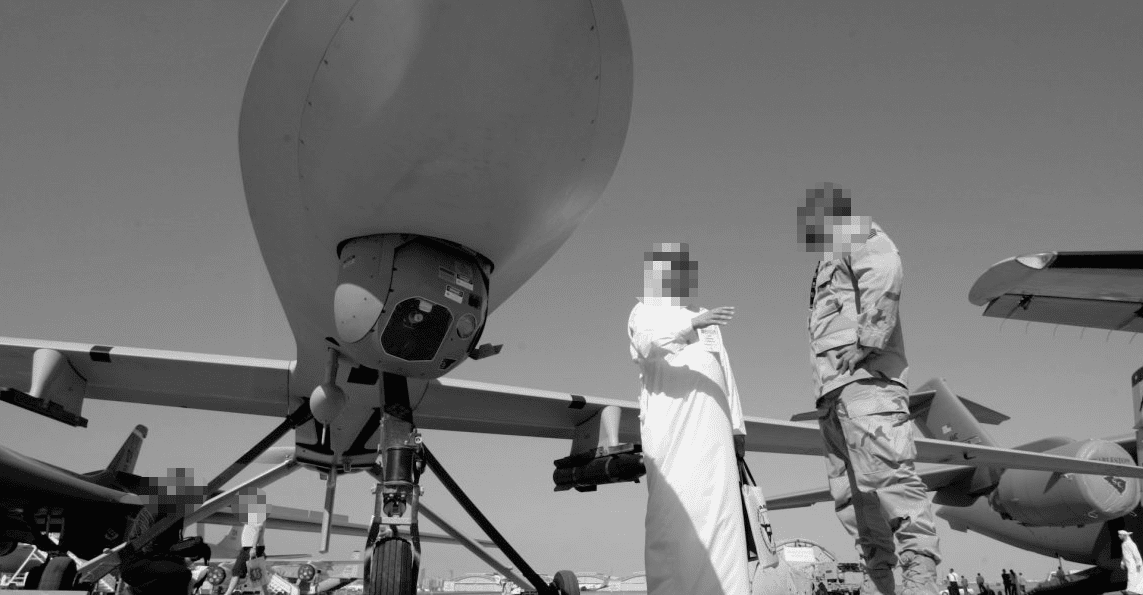
Then you have the more professional intelligence bunch, the real field spooks, those who may or may not be contractors, freelancers or actual employees of an intelligence agency or proxy thereof. But there are signs. Usually, even the best can be identified by looking at their contact matrix. In some cases, it’s as easy as looking for an “unintentional” uniform (at least if they were Americans). This unintentional uniform usually consists of a blue shirt of a slightly utilitarian cut, in a synthetic moisture wicking fabric from Duluth Trading, Bass Pro Shop or one of the leading outdoor brands. This coupled with tan zip-off cargo pants and particular brands of boots.
The choice of footwear one chooses often depends on which professional generation the wearer belongs to and what, if any, the individual’s military past was. The older the person, the more likely to opt for a sturdy European-outdoor hiking brand. The old-timers often choose the familiar military approved brands such as Danner or Belleville. For those that entered service before, or during the early Afghan days, Merrell sans Goretex seems to be the footwear of choice. But if you entered service during the early days of Iraq, Salomon is a go-to option.
For awhile, the tactical apparel company 5.11’s footwear had been a popular brand as they were often supplied for free or for very little money to employees at contracting firms. They fell out of favour as quality control became debatable. The local boys continued to love the so-called 5.11 tuxedo, also referred to as the “shoot me first” look amongst contractors.
At any rate, I learned over the years to pay close attention to the whims, movements and stories of The Consultant as he was often found in the middle of something long before it was apparent what it was. This of course also meant that one was well advised to stay clear of him, as his uncanny ability to sense the change of winds meant that he often found himself too far ahead of the curve.
Now this ability was something that could be dangerous for those that did choose to associate with him. It didn’t help that The Consultant was rarely willing, perhaps unable, to tell the truth about what was going on around him. Yet, he was one of the more honest people I knew in the business of geostrategic advisers.
The Consultant was often found in the middle of something long before it was apparent what it was.
The Consultant’s illustrious career had begun nearly two decades earlier when he served in the Norwegian Army as a member of one of their Special Operations Commando unit, the Hærens Jegerkommando. It was in that role that he had participated in the U.S.-led NATO campaign called Operation Enduring Freedom – Afghanistan (OEF-A) in Afghanistan.
Seriously injured while clearing a recently retaken village in the Almar province,The Consultant lost his field status. He was transferred to a particular subset of the Norwegian military intelligence services, which was created in the image of the U.S. Army Intelligence Support Activity (USAISA or ISA) group. It operated in a supporting role of NATO anti-terror special operations. As a result, The Consultant would receive a kind of military scholarship that encouraged him to study Arabic, Islamism, and Middle East history. During this time, he even produced and published a book about the Yemeni Islamic history.
Upon The Consultant’s completion of this extensive training in how to operate in the human landscape of the Salafist-Jihadist militancy, the Norwegian military proved to be a predictably excellent source for a case study in exceptional military thinking. They sent him to South East Asia.
In the Kingdom of Thailand and the Lao People’s Democratic Republic he would work as an adviser to regional allied militaries. It didn’t take long for him to run his contract out and opt to become a contractor for the U.S. intelligence community, which was in desperate need of non-Americans to handle less than morally upstanding assets and to get their hands dirty on behalf of Uncle Sugar (as contractors sometimes take to calling the American government).
Despite his Nordic origin, a region known for producing morally upstanding citizens with curiously disconnected-from-reality black-and-white perspectives and aptitudes, The Consultant proved to have a knack for the job. He quickly demonstrated to be a pleasantly abled amoral character with Realpolitik tendencies and found little difficulty in adapting and overcoming the bleak landscape of MENA, the Middle East and North African region.
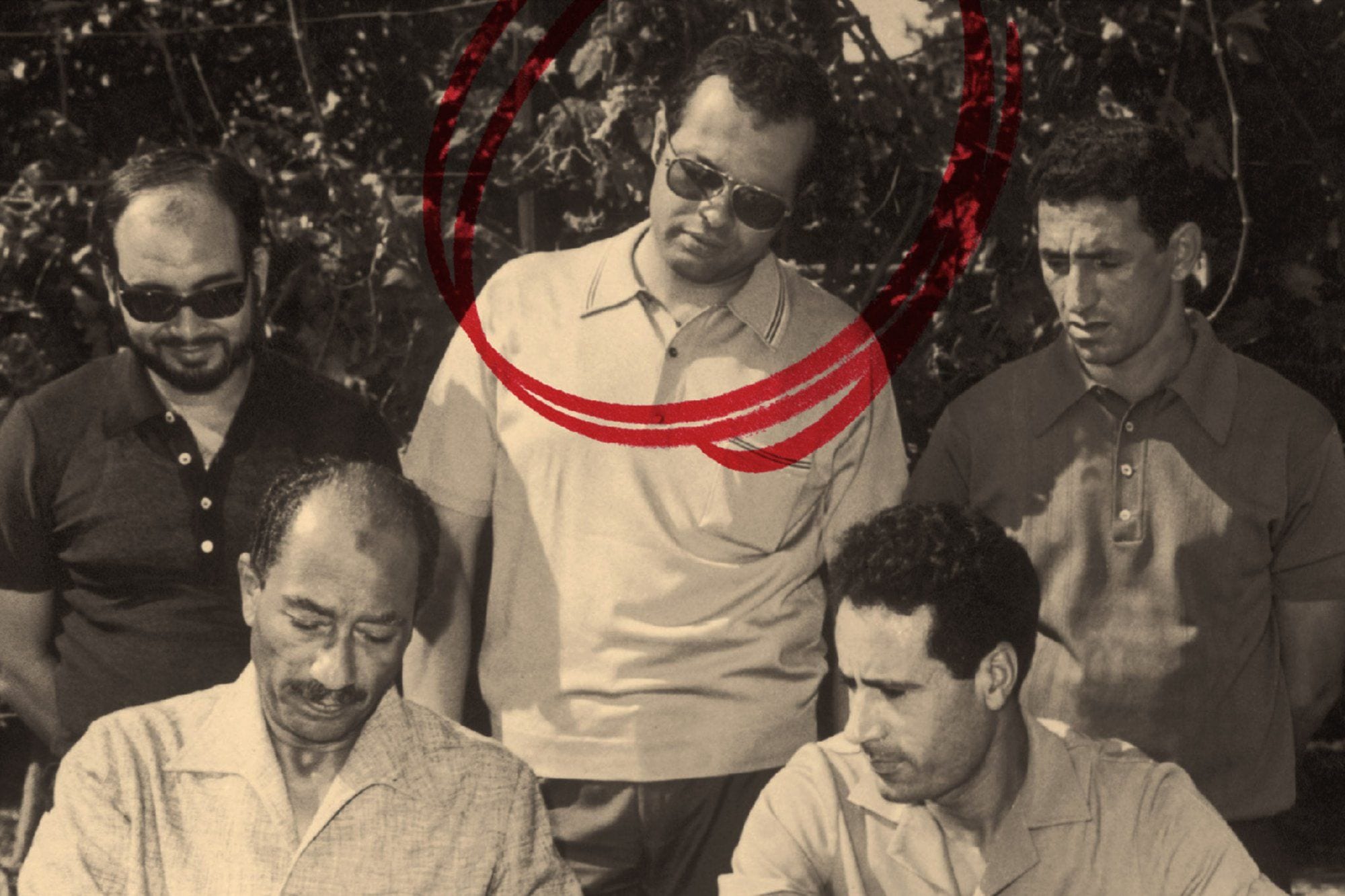
For over a decade The Consultant had operated as a form of professional éminence grise on behalf of America and its Gulf state allies. Despite this handicap – being seen as a representative of an increasingly haphazardly pieced together American regional set of policies – he became a close confidant of Yemeni President Ali Abdullah Saleh and Egyptian President Hosni Mubarak during the later parts of their rule. Supposedly, he even advised them to go against their American supporters and their dogma on a handful of occasions.
To his American handlers The Consultant had become increasingly difficult to handle as he took on the role of a modern-day Otto von Bismarck. Behind the scenes he had pieced together a self-designed and undisclosed regional policy that did not adhere to the American world view. Instead, it favoured local power players acting in time-honoured manners.
In more recent years, The Consultant became a complete freelancer, appearing to be advising on more commercial matters, alongside less high profiled leaders of varying degrees of legitimacy. In essence, he was using what wasta, the Arabic word for influence, he had developed during his sting with the Americans.
As a result, The Consultant often encompassed the old European intelligence saying:
“Why do something for one reason, when you can do it for fifty?”
[Coming soon: Part 3: The Return of Hope and Dignity]
John Sjoholm, Lima Charlie News
[Edited by Anthony A. LoPresti]
John Sjoholm is Lima Charlie’s Middle East Bureau Chief, Managing Editor, and founder of the consulting firm Erudite Group. A seasoned expert on Middle East and North Africa matters, he has a background in security contracting and has served as a geopolitical advisor to regional leaders. He was educated in religion and languages in Sana’a, Yemen, and Cairo, Egypt, and has lived in the region since 2005, contributing to numerous Western-supported stabilisation projects. He currently resides in Jordan. Follow John on Twitter @JohnSjoholmLC
Lima Charlie provides global news, featuring insight & analysis by military veterans and service members Worldwide.
For up-to-date news, please follow us on twitter at @LimaCharlieNews
In case you missed it:

![Image Welcome to Jordan! A Den of Spies and Fajitas for Dinner [Lima Charlie News]](https://limacharlienews.com/wp-content/uploads/2018/09/Welcome-to-Jordan-A-Den-of-Spies-and-Fajitas-for-Dinner.jpg)
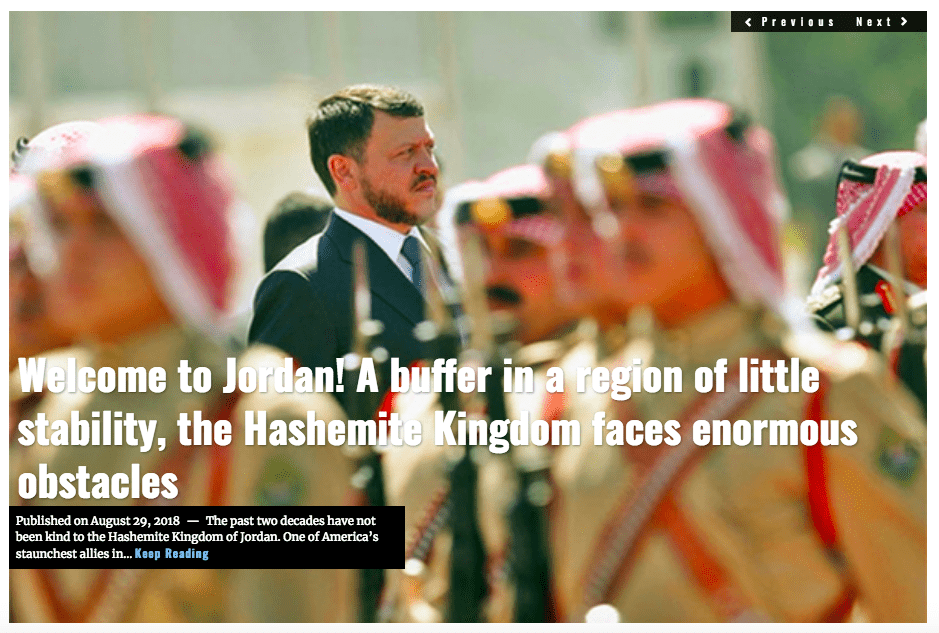
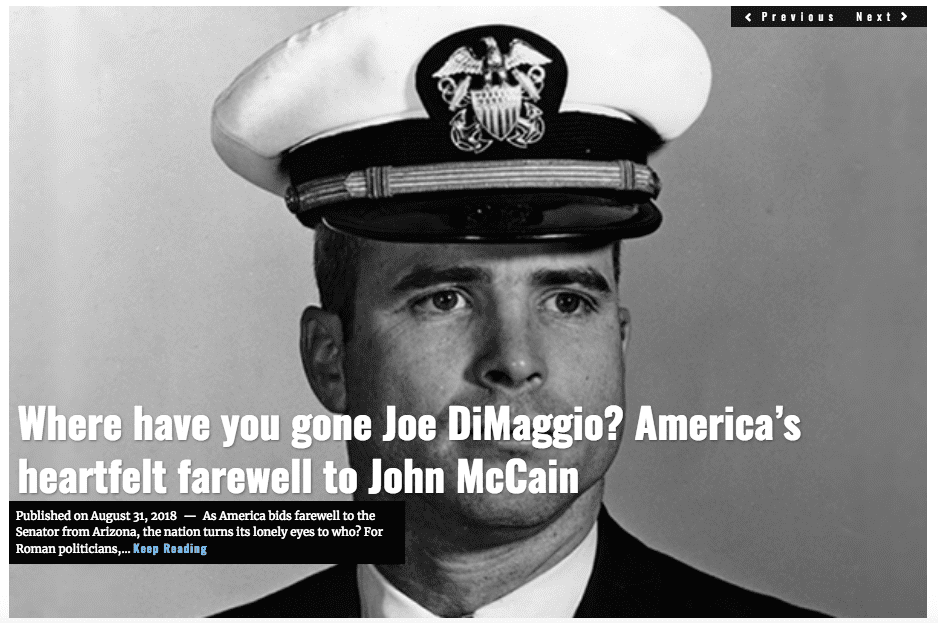
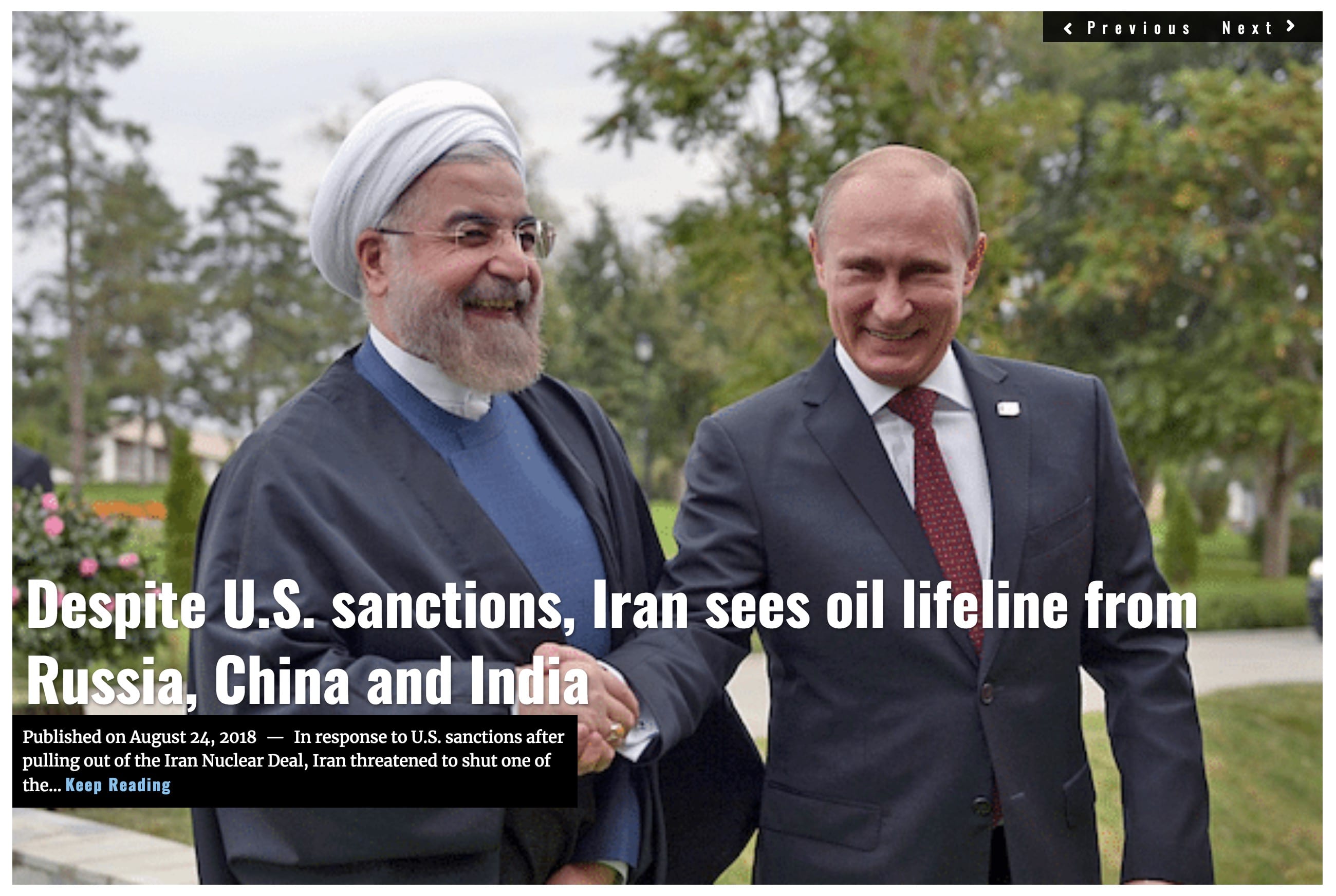
![Image The Arabs - a "Manufactured" People? [Lima Charlie News]](https://limacharlienews.com/wp-content/uploads/2018/12/Arabs-A-Manufactured-People-Lima-Charlie-News-480x384.png)
![Image Welcome to Jordan! A Return of Hope and Dignity [Lima Charlie News]](https://limacharlienews.com/wp-content/uploads/2018/10/Welcome-to-Jordan-480x384.png)
![Image Welcome to Jordan! A buffer in a region of little stability, the Hashemite Kingdom faces enormous obstacles [Lima Charlie News][Photo: Salah Malkawi]](https://limacharlienews.com/wp-content/uploads/2018/08/Welcome-to-Jordan-480x384.png)


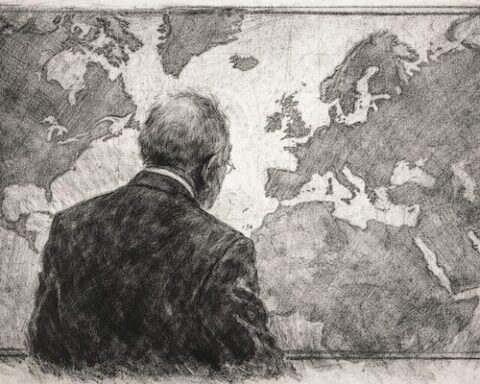


![Image The Arabs - a "Manufactured" People? [Lima Charlie News]](https://limacharlienews.com/wp-content/uploads/2018/12/Arabs-A-Manufactured-People-Lima-Charlie-News-150x100.png)
![Image Welcome to Jordan! A Return of Hope and Dignity [Lima Charlie News]](https://limacharlienews.com/wp-content/uploads/2018/10/Welcome-to-Jordan-150x100.png)